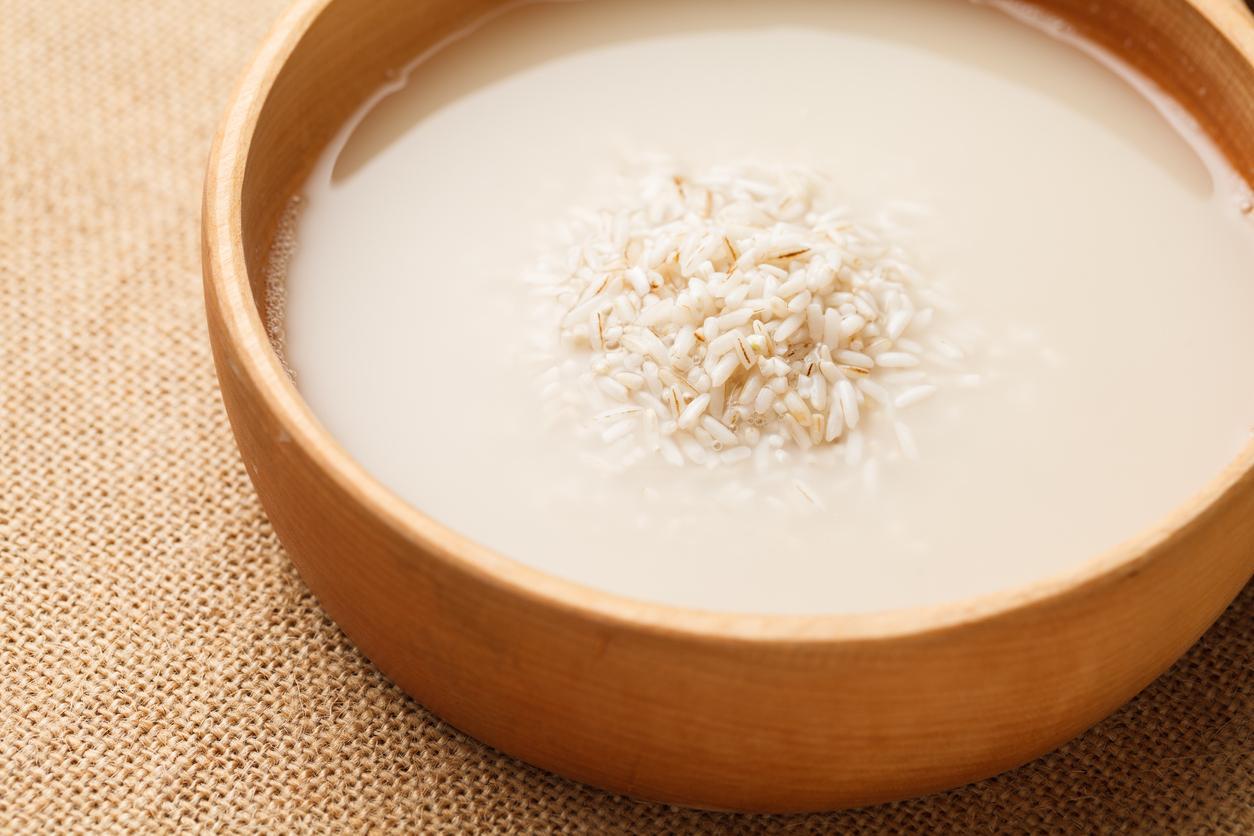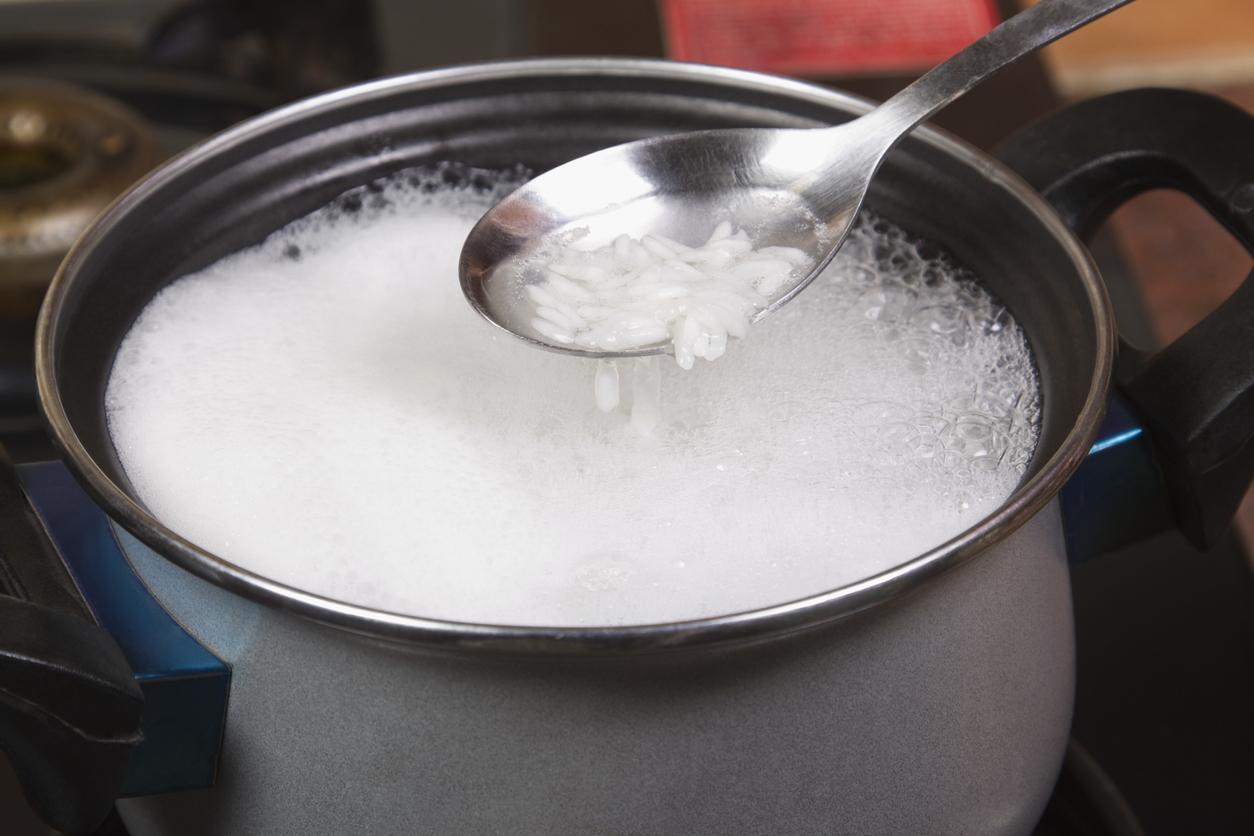Benefits of Rice Water for Plants


Many of us regularly cook rice in our households, yet we tend to overlook the water that remains after the process. However, little do we realize that this water holds immense potential as a valuable resource for plant care. Rice water is not just a baseless claim or myth; its benefits have been proven time and again. In fact, it is packed with a rich array of essential nutrients, making it a natural and highly effective fertilizer with the potential to enhance plant health and vitality.
The article provided by thedailyECO offers insights into the numerous benefits of rice water as a natural fertilizer, along with detailed instructions on how to prepare it.
Can rice be used as fertilizer?
In the world of gardening, where misinformation and myths are widespread, it's natural for people to have a sensible and cautious approach when it comes to so-called "miracle solutions." However, when it comes to using rice water for plants, rest assured that this is no mere unfounded rumor. In fact, its benefits have been extensively proven, and it comes with absolutely no drawbacks.
Surprisingly enough, watering your plants with rice water can prove to be an exceptional method of fertilization, endowing them with an additional infusion of vital nutrients.
By incorporating rice water into your plant care routine, you are essentially providing your plants with a nourishing elixir that can work wonders. Rich in essential nutrients, this natural plant fertilizer can be effortlessly obtained from a byproduct that would otherwise go to waste.
By embracing this sustainable practice, you not only provide your plants with a boost of nutrients, but also contribute to reducing food waste and promoting environmental consciousness.

Benefits of rice water for plants
Rice water offers numerous benefits when used for plants. It serves as an excellent fertilizer due to its high nutrient content. Packed with protein, fiber, amino acids, calcium, phosphorus, iron, zinc, and potassium, rice water provides essential elements for healthy plant development.
Additionally, it contains a variety of vitamins that contribute to overall plant well-being. Although present in smaller amounts, rice water also contains NPK fertilizers, which are crucial macronutrients necessary for optimal plant growth.
Applying rice water to plants provides them with an additional source of rice starch. Starch is a sugar synthesized by plants through photosynthesis, serving as a nutrient reserve. By supplying plants with extra starch, you make it easier for them to access the nutrients they require.
Furthermore, the carbohydrates found in starch act as valuable food for beneficial soil bacteria. These microorganisms aid in breaking down organic matter within the soil, converting it into elements that plant roots can absorb and utilize. Consequently, maintaining a robust plant and a healthy bacterial population creates an environment that is more resistant to pest infestations. By bolstering the plant's defenses, pests are less likely to cause significant damage to your crop.
Be sure to read this other article, where we have listed the best homemade organic fertilizers for the garden.
How do you make rice water fertilizer?
To utilize rice water effectively for plant nourishment and strength, it's crucial to pay attention to a vital point: refrain from adding salt to the water while boiling rice intended for your plants. Salt can prove detrimental to most crops and, if present in irrigation water, not only nullifies the beneficial properties of rice water but also poses a serious threat to the health of your plants and the soil.
If you desire to consume the rice and its water, you can add salt directly to the cooked rice. Follow these guidelines to prepare rice water for plants:
- Boil rice without incorporating salt, oil, or spices. Once the rice is cooked to your preference, set aside the water.
- Ensure that the rice water is well-filtered and free from impurities. Straining it using a fine cloth strainer or sieve after boiling the rice will enable you to obtain suitable rice water for your plants.
- Allow the rice water to cool down to room temperature before using it. Using hot water could potentially harm the plants.
- Remember not to let the rice water sit for an extended period, as it will lose its beneficial properties. It is best to utilize it on the same day you boil the rice.
One method of utilizing rice water is through spraying it onto your plants as irrigation. For this purpose, it is essential to filter the rice water thoroughly to prevent clogging the sprayer. Dilute two parts of rice water with one part water, pour the mixture into the sprayer, and apply it to the plants. Ensure to spray both the upper and lower surfaces of the leaves, as well as the soil surface. It is advisable to perform this spraying either early morning or late afternoon when the sun is not too strong.
Another way to employ rice water is through bottom irrigation or immersion irrigation. This method is suitable for plants that do not tolerate moisture on their aerial parts. Place the potted plant in a larger container and add enough rice water so that it rises a few inches above the level of the pot's drainage holes. In this way, the water will penetrate below, allowing the roots and soil to absorb it. After approximately 20 minutes, remove the pot from the container, let it drain any excess water, and return it to its original location.
How long can you keep rice water in a spray bottle?
When storing rice water in a spray bottle, it is generally recommended to use it within 24 to 48 hours. Rice water is perishable and can spoil if left for an extended period. To ensure its freshness and effectiveness, it's best to prepare a fresh batch when needed rather than storing it for prolonged periods. If you have any remaining rice water after using it for plant care, it is advisable to discard it and prepare a fresh batch for future use.
You might be interested in this other article, where we explain the difference between compost and fertilizer.
If you want to read similar articles to Benefits of Rice Water for Plants, we recommend you visit our Plant care and cultivation category.






